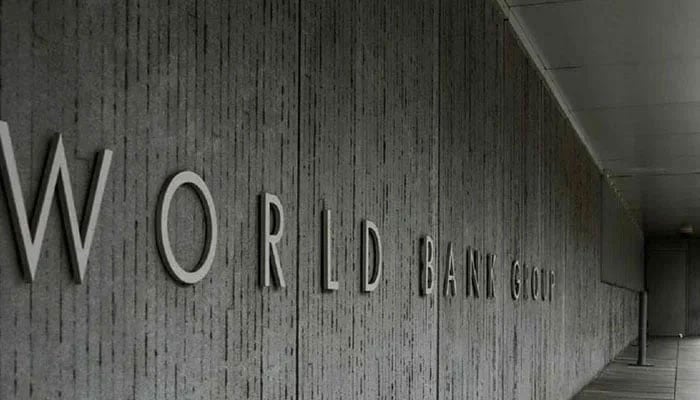Our Terms & Conditions | Our Privacy Policy
World Bank terms Pak tax system highly ‘unfair and absurd’

An undated image of World Bank Headquarters in Washington DC. — AFP/File
ISLAMABAD: Terming Pakistan’s tax system highly ‘unfair and absurd’, the World Bank (WB) has called for bringing property into the tax net while ensuring it is accurately recorded and taxed. According to the WB, the increased burden on the salaried class could only be reduced by expanding the tax base and incorporating all incomes into the tax net.
The WB also recommended rationalisation of the tariff structure, as short-term gains, it is causing losses to the long-term revenue streams. On the expenditure front, Pakistan Institute of Development Economics (PIDE) Vice Chancellor (VC) Nadeem Javaid raised a point that 40 per cent development spending was siphoned off in the form of commissions, as no bill gets cleared without a share of 5 to 7 per cent to Accountant General Pakistan Revenues (AGPR). It is a fact and known by everyone, he added.
Other participants in a session, titled “Charting Pakistan’s Fiscal Trajectory: Enhancing Transparency & Trust” at the PIDE conference, suggested that Pakistan must reform its taxation system by expanding the tax base, fully digitising its processes, and reducing the burden on the salaried class.
Tobias Haque, the World Bank’s lead country economist, praised the imposition of the Agriculture Income Tax (AIT) by provinces as a step in the right direction. He stressed that accurate documentation and taxation of the property sector is now essential. “Digitalisation and broadening the tax base to include all income streams can help ease the tax burden on the salaried class,” Haque added.
He described it as “absurd” that only 5 million people file tax returns in a country of 240 million, while a significant portion of revenue comes through the regressive General Sales Tax (GST). “Pakistan’s tax system is inequitable. With only 5 million return filers, the system will remain unsustainable,” he added.
Dr Ali Salman, Executive Director of the Policy Research Institute of Market Economy (PRIME), called for reducing the number of withholding taxes (WHTs). “There are 88 withholding taxes, and 45 of them generate less than Rs1 billion annually. We need clarity and simplification,” he said. He pointed out that the Federal Board of Revenue (FBR) currently collects Rs1.2 trillion annually through WHTs.
The panellists agreed that despite the availability of tools and diagnostics, Pakistan has yet to achieve meaningful tax digitisation due to political resistance, outdated legal frameworks, institutional disconnects, and lack of administrative motivation. They underscored that successful digital transformation requires end-to-end system integration, real-time data access, and automated workflows.
A recurring theme was the erosion of public trust in the tax system, fuelled by inconsistent policies, limited transparency, and a skewed tax burden. Speakers stressed the need for simplified tax codes, integrated digital infrastructure, updated labour laws, and performance-based incentives to restore taxpayer confidence.
[ad_1]
Images are for reference only.Images and contents gathered automatic from google or 3rd party sources.All rights on the images and contents are with their legal original owners.
[ad_2]


Comments are closed.